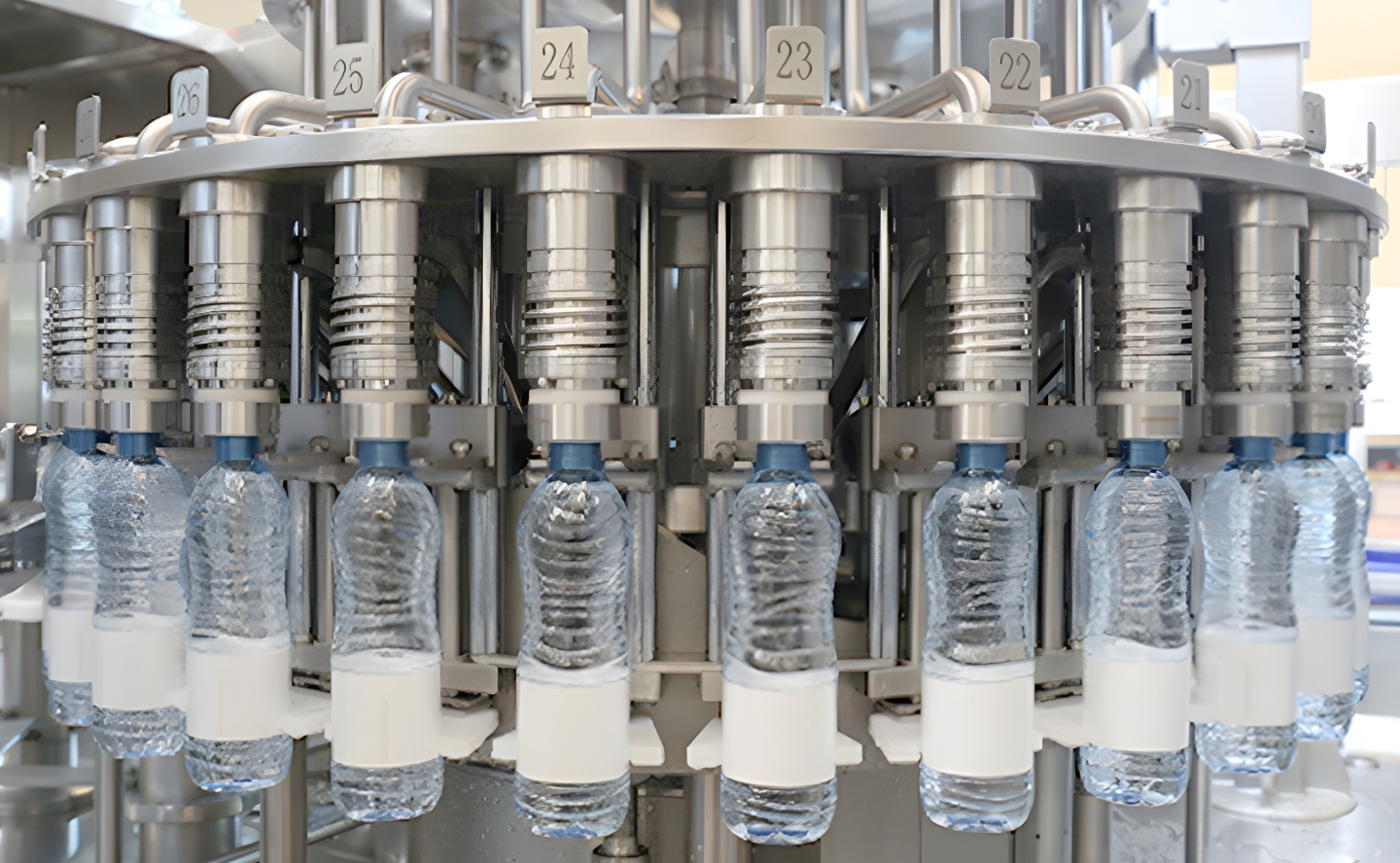When it comes to filling machines, regulatory compliance is crucial to ensure the safety and efficiency of the equipment and the products being filled. In the manufacturing of filling machines, there are various standards and best practices that must be followed to meet regulatory requirements and ensure optimal performance.
FDA Regulations for Filling Machine Manufacturing
One of the key regulatory bodies that manufacturers must adhere to is the Food and Drug Administration (FDA) in the United States. The FDA sets out regulations for the manufacturing of food and beverage products, pharmaceuticals, and other consumer goods to ensure that they are safe for consumption. Filling machines used in these industries must meet FDA standards for cleanliness, accuracy, and hygiene to prevent contamination and ensure product safety.
Industry Standards for Quality and Safety
In addition to FDA regulations, filling machine manufacturers must also comply with industry standards such as ISO 9001 for quality management systems and ISO 22000 for food safety management. These standards help ensure that filling machines are designed, manufactured, and maintained to meet specific quality and safety requirements, leading to consistent and reliable performance.
Best Practices for Regulatory Compliance
Best practices for regulatory compliance in filling machine manufacturing include regular maintenance and calibration of equipment to ensure accurate filling volumes and prevent product wastage. Manufacturers must also train their staff on proper operating procedures to prevent errors and ensure compliance with regulatory requirements.
Material Selection for Filling Machine Construction
Another important aspect of regulatory compliance in Filling Machine Manufacturers is the use of quality materials and components in the construction of the equipment. Manufacturers must source materials that meet industry standards for cleanliness, durability, and compatibility with the products being filled to prevent contamination and ensure product integrity.
Testing and Validation for Regulatory Compliance
Regular testing and validation of filling machines are also essential for regulatory compliance. Manufacturers must conduct performance tests, integrity checks, and validation studies to ensure that filling machines meet regulatory requirements and perform accurately and consistently.
Conclusion: The Importance of Regulatory Compliance in Filling Machine Manufacturing
In conclusion, regulatory compliance in filling machine manufacturing is essential to ensure the safety and quality of products being filled. Manufacturers must adhere to FDA regulations, industry standards, and best practices for maintenance and operation to ensure optimal performance of filling machines. By following these guidelines, manufacturers can prevent regulatory issues, ensure product safety, and maintain the efficiency of their equipment.